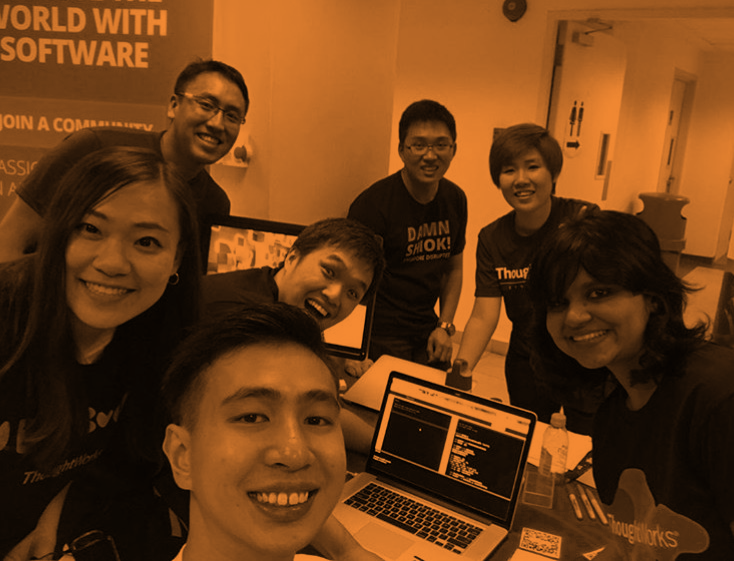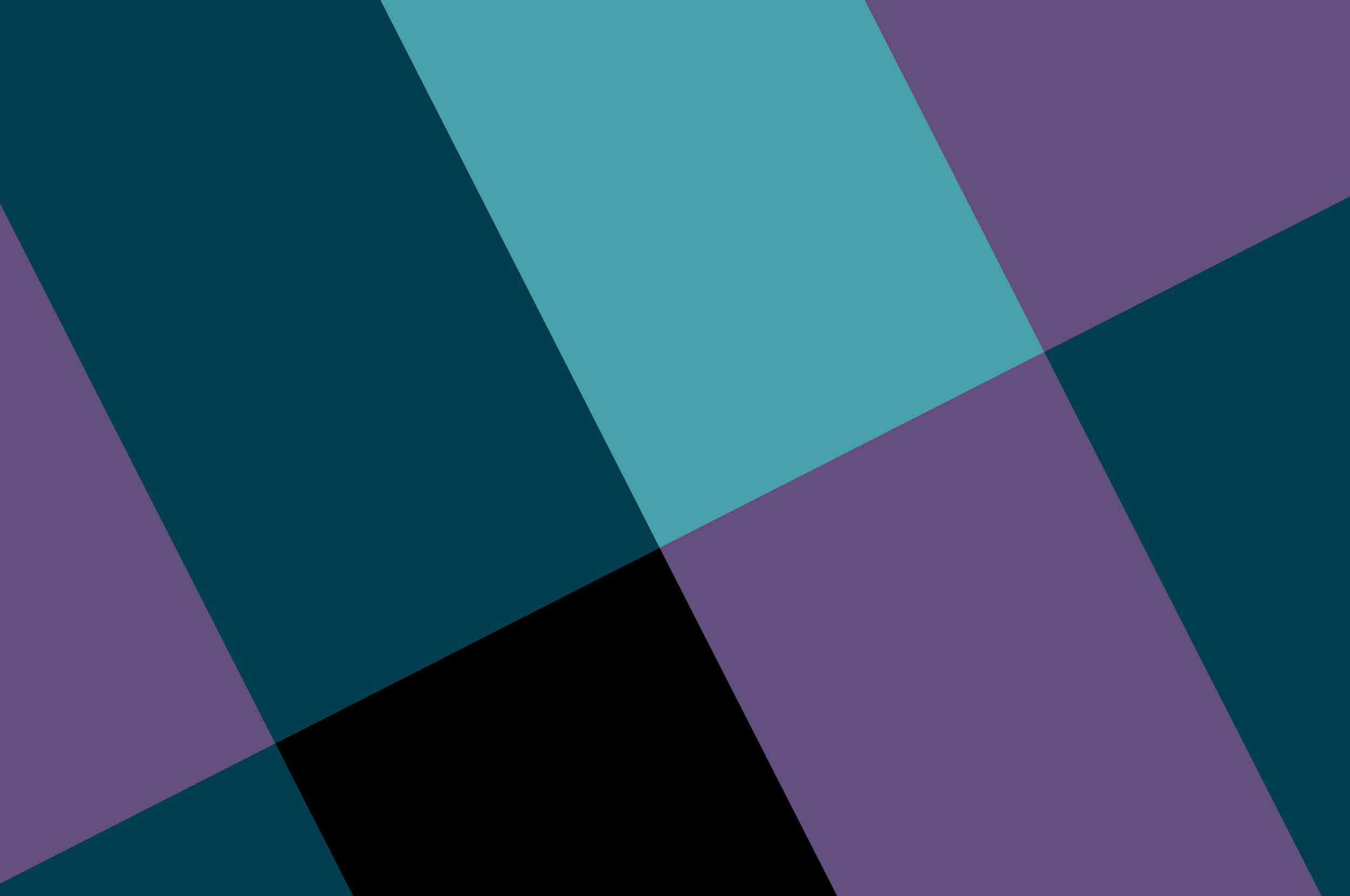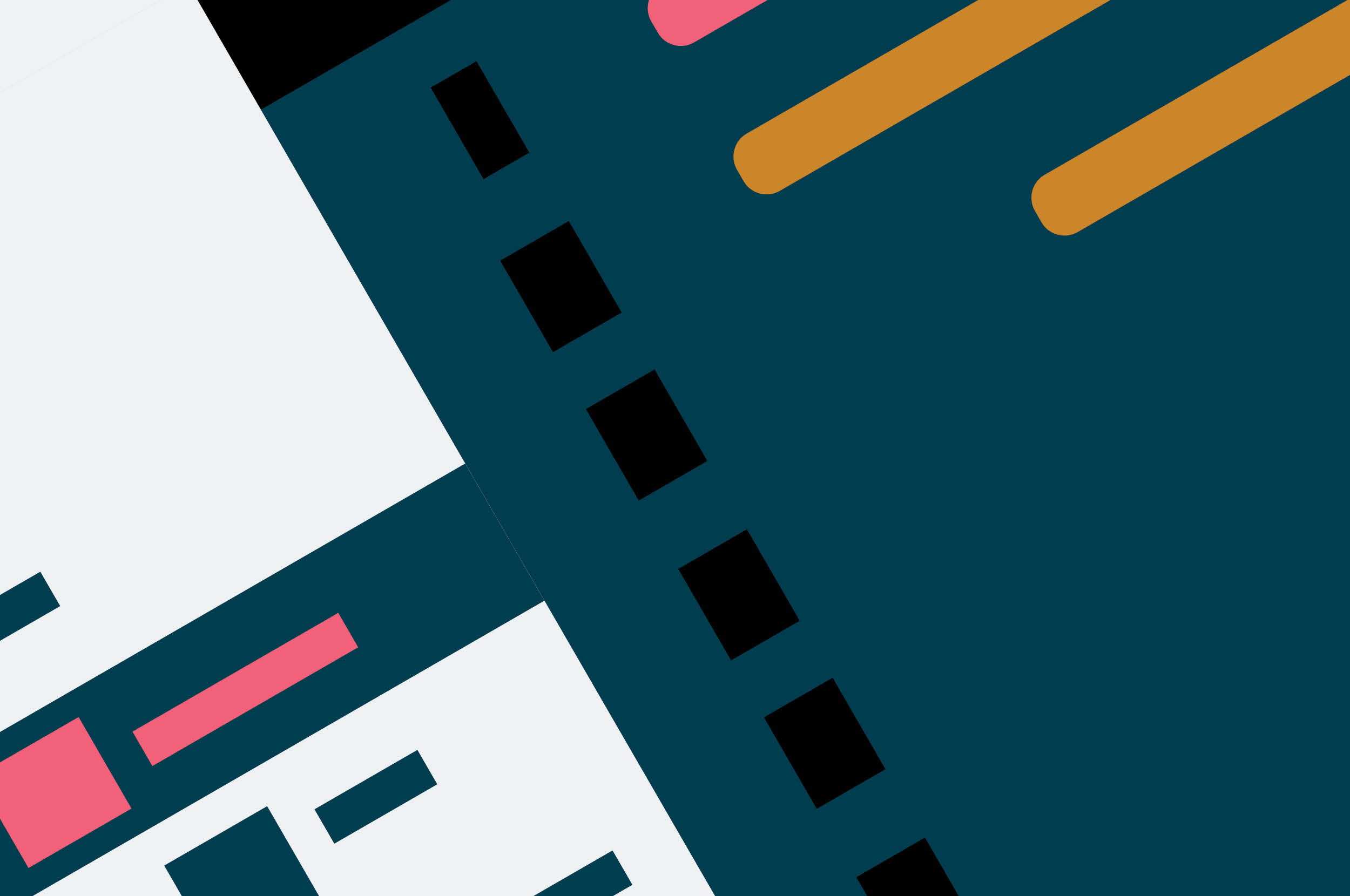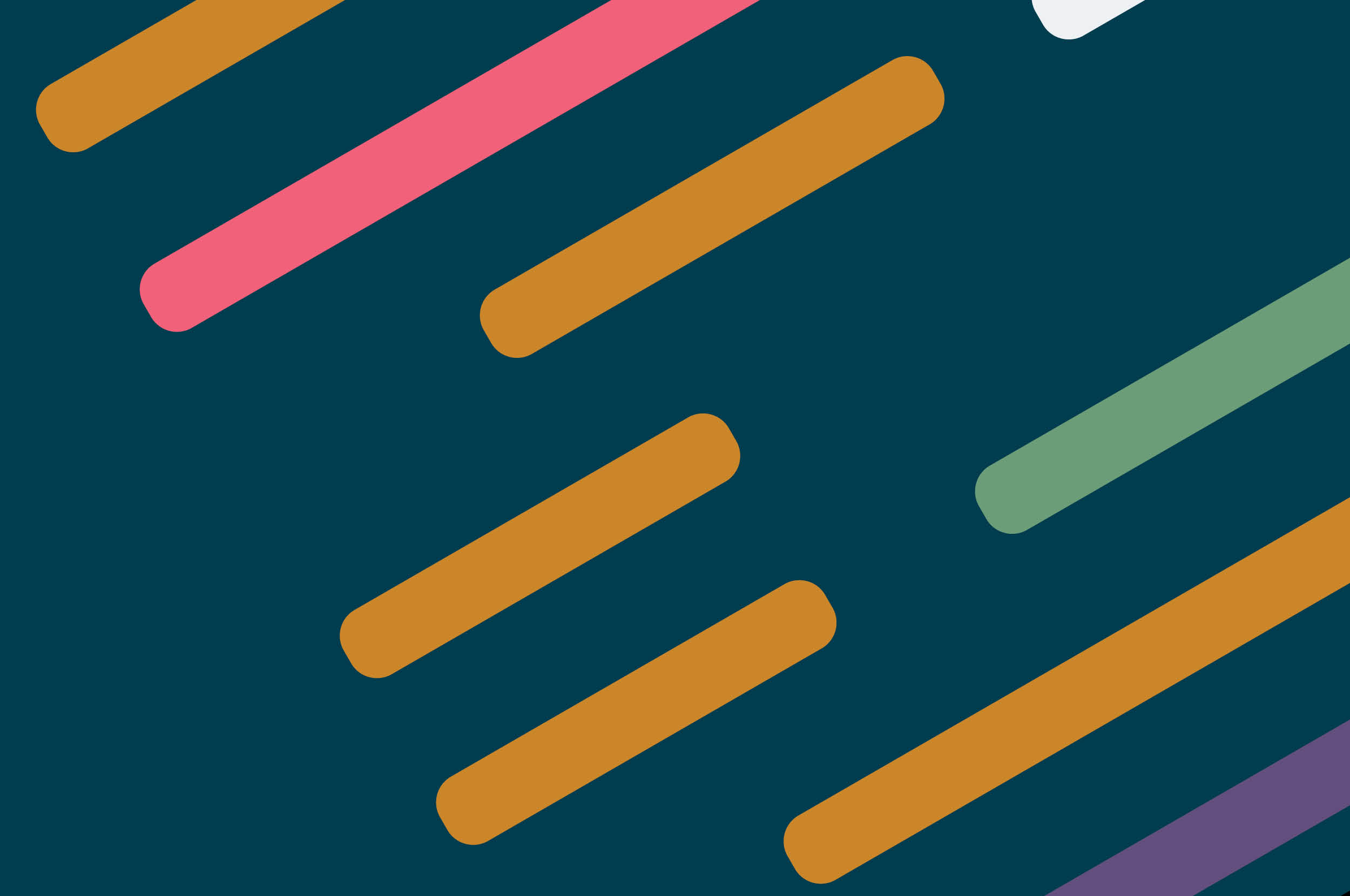
I joined a community, not a company
Published: May 29, 2017
Something that’s been clear as day from my first week here at Thoughtworks is the distinct lack of clones in the company. I've found that Thoughtworkers come from really diverse backgrounds from across the world. And that is one of our inherent strengths.
I'm Jonathan and I'm in my eighth month of being a Thoughtworker. As a member of the Recruiting team in Singapore, I’ve found a place of work that I can call my second home without hesitation. I don’t believe in hoarding the good stuff, so here I am sharing my thoughts.
One thing that contributes to our high levels of diversity is the way we hire. When we hire a Software developer, they don’t always hold a degree in Computer Science. And similarly, a recruiter doesn’t always have a certificate in human resources management. We look for aptitude, attitude and integrity in the people we hire. We adopt this approach in hiring because leveraging diversity in problem-solving is effective even in the highly technical nature of our business, this article on TED describes it exceptionally well. In many large organizations and societies, standardization and structure is often said to be required once you reach a critical mass of people. As for us, we believe in keeping our organization as flat as possible to leverage the full potential of our diversity.
After my first few months, I observed a uniqueness in the organization. I found the Thoughtworks environment to be akin to a self-sustaining ecosystem. It consists of a large number of diverse individuals performing their function, taking full ownership and drawing on each other’s strengths cross-functionally to collectively sustain the entire environment. This happens autonomously, without an overarching authority controlling individual aspects of it. Something may not be “our job” but we do it anyway because we genuinely don't mind doing it, and a little really goes a long way. For instance, it’s not 'my job' in recruiting to write this blog, nor is it the case for the other contributors in this collection of Thoughtworks Insights articles. We do it because we want to, and as a result we’ve collected a substantial library of posts over the years. I've found our leadership to also function in a similar way. Instead of mandating certain policies through authority, they work to tweak, nudge along and orchestrate certain key components of the ecosystem, to empower the collective community to continue to thrive.
So how does one become a fully-functioning member of this ecosystem? Being in the Recruiting team, we make it a point to avoid discrimination and bias in areas such as gender, race, nationality and educational background, amongst others. That being said, there are certain attributes that Thoughtworkers exhibit which enable us to work autonomously yet collectively, and here they are.
Excellence doesn't mean that we're perfect and never make mistakes. We're all prone to make mistakes, what matters is how we react afterwards. We own our mistakes and grow from them. When in doubt, refactor.
Both these attributes are integral to our success and helps keep our flat hierarchy well oiled, and this is an opinion mirrored by former Economic Development Board (EDB) Chairman Philip Yeo, who played a pivotal role in Singapore's development from Third world to First.
Standardization and structure is something that we subscribe to, but applied carefully. Structure can be highly beneficial when applied to a certain degree, but too much of it can also box in potential, ability and creativity. We apply it in our fundamentals of writing code as well as in some programs like Thoughtworks University, a program where graduate new hires from all over the world head to India to go through 5-weeks of intensive training. Structure is beneficial when scaling, but trust and integrity are fundamental for us to thrive.

One other example of how we do this is evident in our feedback culture. Feedback is how we grow, and we do our best to share our interview feedback with candidates as part of our recruiting process. We unfortunately are unable to provide personalized feedback to all applicants due to the sheer volume, but we will take the time to provide feedback if you've taken the time to speak to us over a phone interview.
So does this apply to all Thoughtworkers around the world? Most definitely. Despite our diverse cultures in different offices around the world, I've found these to also be true for Thoughtworkers that I've interacted with in various parts of the world. This makes working together much easier, knowing that we uphold the same beliefs and are headed towards a similar goal even if our working styles differ.

This is who we are right now, I’m certainly interested to see how we evolve in the next few years, especially since our Singapore office only started out in 2012. I’ll be sure to look back on this piece after we’ve had some time to grow and think about a part 2 then.
I joined a community, not a company. What about you?
I'm Jonathan and I'm in my eighth month of being a Thoughtworker. As a member of the Recruiting team in Singapore, I’ve found a place of work that I can call my second home without hesitation. I don’t believe in hoarding the good stuff, so here I am sharing my thoughts.
One thing that contributes to our high levels of diversity is the way we hire. When we hire a Software developer, they don’t always hold a degree in Computer Science. And similarly, a recruiter doesn’t always have a certificate in human resources management. We look for aptitude, attitude and integrity in the people we hire. We adopt this approach in hiring because leveraging diversity in problem-solving is effective even in the highly technical nature of our business, this article on TED describes it exceptionally well. In many large organizations and societies, standardization and structure is often said to be required once you reach a critical mass of people. As for us, we believe in keeping our organization as flat as possible to leverage the full potential of our diversity.

An Ecosystem
After my first few months, I observed a uniqueness in the organization. I found the Thoughtworks environment to be akin to a self-sustaining ecosystem. It consists of a large number of diverse individuals performing their function, taking full ownership and drawing on each other’s strengths cross-functionally to collectively sustain the entire environment. This happens autonomously, without an overarching authority controlling individual aspects of it. Something may not be “our job” but we do it anyway because we genuinely don't mind doing it, and a little really goes a long way. For instance, it’s not 'my job' in recruiting to write this blog, nor is it the case for the other contributors in this collection of Thoughtworks Insights articles. We do it because we want to, and as a result we’ve collected a substantial library of posts over the years. I've found our leadership to also function in a similar way. Instead of mandating certain policies through authority, they work to tweak, nudge along and orchestrate certain key components of the ecosystem, to empower the collective community to continue to thrive.So how does one become a fully-functioning member of this ecosystem? Being in the Recruiting team, we make it a point to avoid discrimination and bias in areas such as gender, race, nationality and educational background, amongst others. That being said, there are certain attributes that Thoughtworkers exhibit which enable us to work autonomously yet collectively, and here they are.
Pursuit of Excellence
I believe one key similarity that all Thoughtworkers share is that we never stop growing in our pursuit of excellence. We are perpetually on our path to becoming a better Thoughtworker and a better human being. This mindset sets us apart in our industry, especially so in software development where tools and languages constantly evolve. From newly graduated hires to highly-experienced veterans with more than a decade worth of experience, everyone constantly hones their craft in an environment that not just supports, but encourages it. We are constantly stretching and working towards the next goal. One thing that takes place here regularly are 'Lunch & Learn' sessions where Thoughtworkers from various project teams take the initiative to run introductory sessions to new technologies or to share learning points from completed projects, open to all Thoughtworkers to attend according to their schedule, at lunchtime.Excellence doesn't mean that we're perfect and never make mistakes. We're all prone to make mistakes, what matters is how we react afterwards. We own our mistakes and grow from them. When in doubt, refactor.
Trust and Integrity
Trust and integrity are essential components in our ecosystem, trusting others to do the job they're supposed to do, and having the integrity to live up to that trust placed upon you. Trust empowers the individual to make quick, minor decisions to make things happen without delay. Integrity is a running theme in many of our benefits, such as sick leave without the need to produce medical certificates, flexibility to work from home if the situation allows it.Both these attributes are integral to our success and helps keep our flat hierarchy well oiled, and this is an opinion mirrored by former Economic Development Board (EDB) Chairman Philip Yeo, who played a pivotal role in Singapore's development from Third world to First.
Standardization and structure is something that we subscribe to, but applied carefully. Structure can be highly beneficial when applied to a certain degree, but too much of it can also box in potential, ability and creativity. We apply it in our fundamentals of writing code as well as in some programs like Thoughtworks University, a program where graduate new hires from all over the world head to India to go through 5-weeks of intensive training. Structure is beneficial when scaling, but trust and integrity are fundamental for us to thrive.
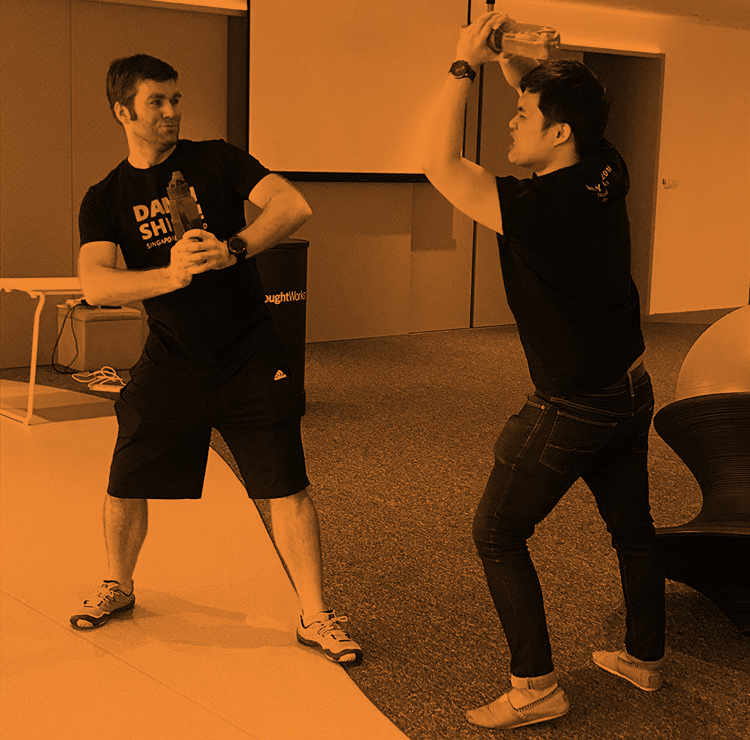
Community Mindset
Thoughtworks operates on a 3-pillar model. While our first and second pillars are around business sustainability and championing software excellence, I’d like to focus on the third pillar in this blog. Our 3rd pillar is to advocate passionately for social and economic justice. We believe that all Thoughtworkers are at different stages of this journey. A few are active agents of change in the community, while others have only just become aware and are taking baby steps towards a deeper understanding and being active. However, what I'd like to highlight here is how we share knowledge with the rest of the community. We champion open source, host meet-ups, share best practices, work on social issues at their root alongside those in the forefront.One other example of how we do this is evident in our feedback culture. Feedback is how we grow, and we do our best to share our interview feedback with candidates as part of our recruiting process. We unfortunately are unable to provide personalized feedback to all applicants due to the sheer volume, but we will take the time to provide feedback if you've taken the time to speak to us over a phone interview.
So does this apply to all Thoughtworkers around the world? Most definitely. Despite our diverse cultures in different offices around the world, I've found these to also be true for Thoughtworkers that I've interacted with in various parts of the world. This makes working together much easier, knowing that we uphold the same beliefs and are headed towards a similar goal even if our working styles differ.
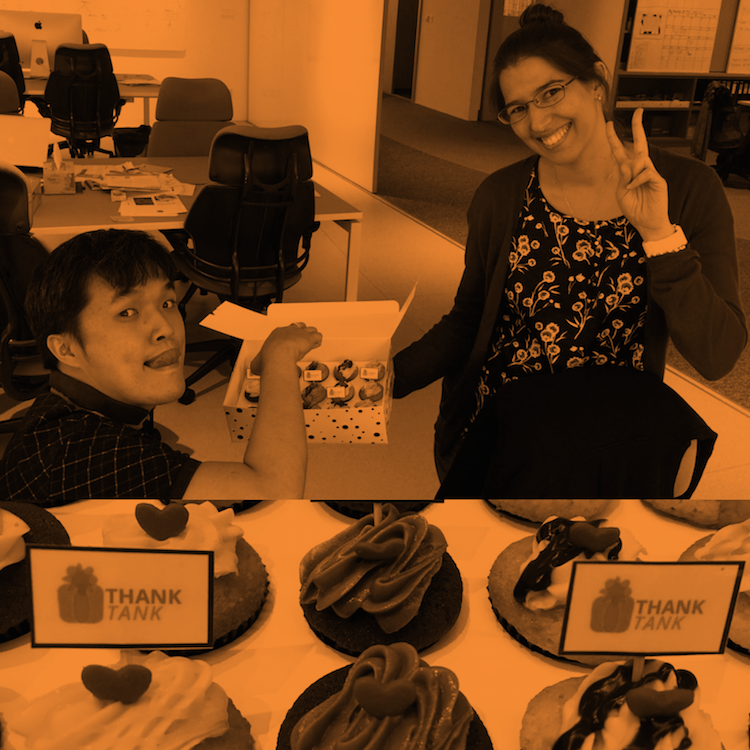
This is who we are right now, I’m certainly interested to see how we evolve in the next few years, especially since our Singapore office only started out in 2012. I’ll be sure to look back on this piece after we’ve had some time to grow and think about a part 2 then.
I joined a community, not a company. What about you?
Disclaimer: The statements and opinions expressed in this article are those of the author(s) and do not necessarily reflect the positions of Thoughtworks.















